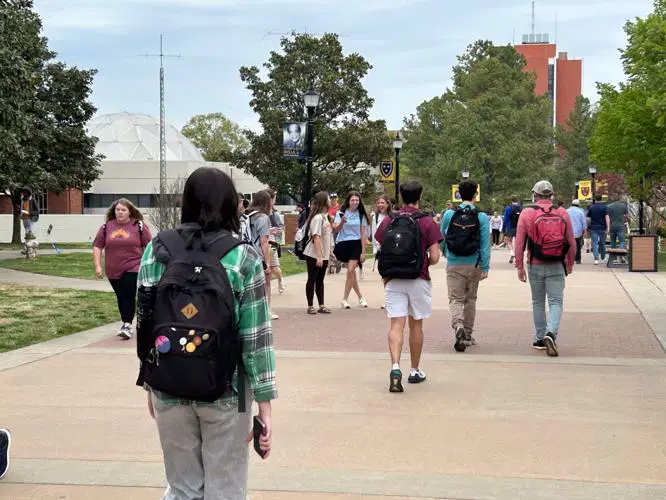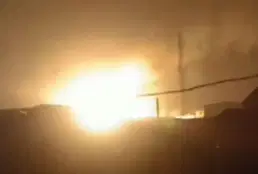The U.S. government has implemented a new policy requiring Nigerian and other international students, whose visas were canceled, to immediately exit the country. This drastic decision has sent waves of panic among students, many of whom were not involved in any protests or criminal activity.
The legal community, along with affected students, has raised concerns about the transparency and fairness of this policy.
Some of the targeted students, according to attorney Dustin Baxter, never participated in protests nor faced any formal charges. Baxter, who represents over 100 students impacted by the revocations, explained that in many cases, the U.S. authorities did not even require a conviction to cancel a visa.
“Not only would they revoke the person’s student visa – even if there was no conviction, if there was just an arrest, and sometimes there wasn’t even an arrest, there was just an encounter and maybe a ticket – they would revoke the student visa,” he stated.
In several instances, students were informed about their visa cancellations through their respective universities, not by U.S. Immigration and Customs Enforcement (ICE). For many universities, the first notice of a student’s visa revocation came through a routine check in the SEVIS (Student and Exchange Visitor Information System) database.
School officials noted that they were often left in the dark about the cancellations until they discovered it through government records.
For example, Stanford University, based in California, learned of the visa cancellations of four students and two recent graduates during a regular check of the SEVIS system. “The University learned of the revocations during a routine check of the SEVIS database,” Stanford said in a statement released on April 4.
This method of revocation marks a shift from previous practices, where it was typically up to school officials to report and process visa issues. According to immigration lawyer Jeff Joseph, the change became more prominent after the Trump administration took office.
“Up until Trump took office, it was really up to the designated school officers to initiate that revocation in SEVIS,” said Joseph, who is also the president-elect of the American Immigration Lawyers Association. “What we’re seeing now is that ICE is doing it themselves.”
One notable case that has drawn significant attention is that of Tufts University doctoral student Rümeysa Öztürk. She was handcuffed by ICE agents days after her visa was revoked, with no prior notice. Surveillance footage from the incident shows her visibly distressed and “shrieked in fear and confusion.”
In response to the growing controversy, U.S. Secretary of State Marco Rubio confirmed that the visa cancellations were carried out under a clause designed to target individuals whose continued presence could “pose serious foreign policy consequences.” The U.S. State Department has emphasized its broad authority to revoke visas at any time and has warned visa holders that their status is continuously monitored.
“We continuously check visa holders… and we will revoke their visas and deport them if they don’t [follow the rules],” the State Department has stated.










